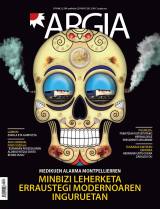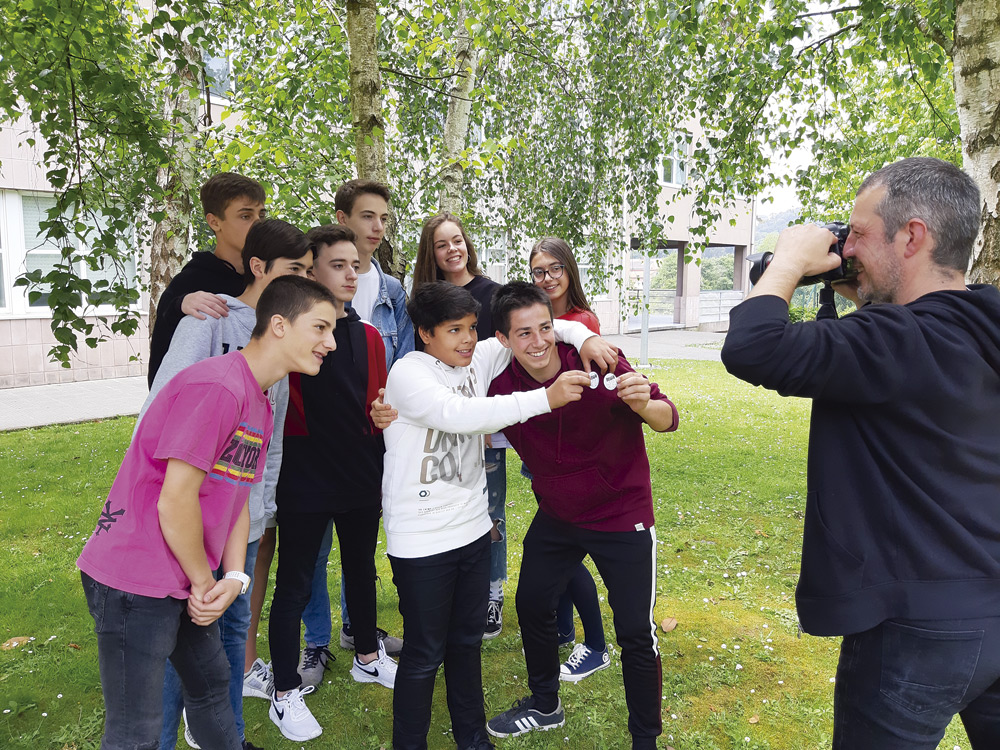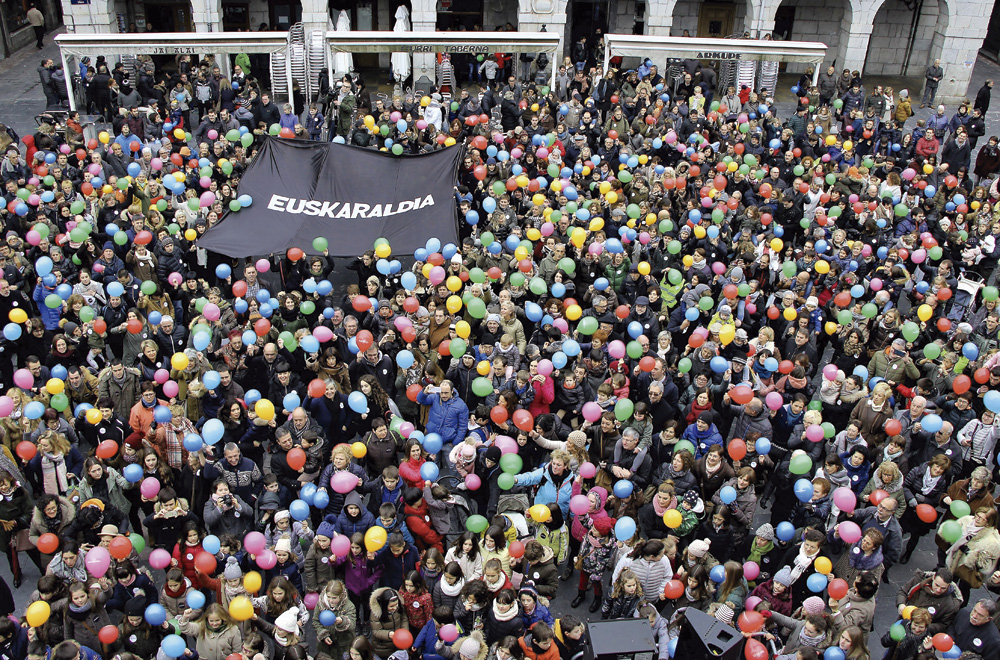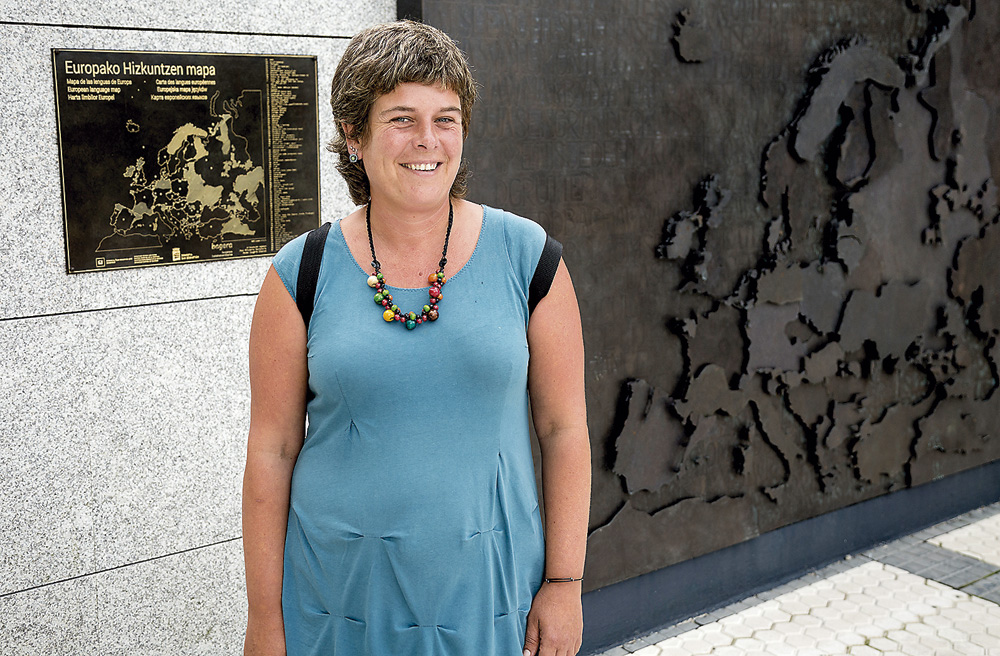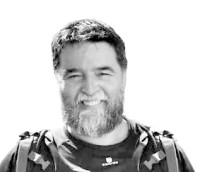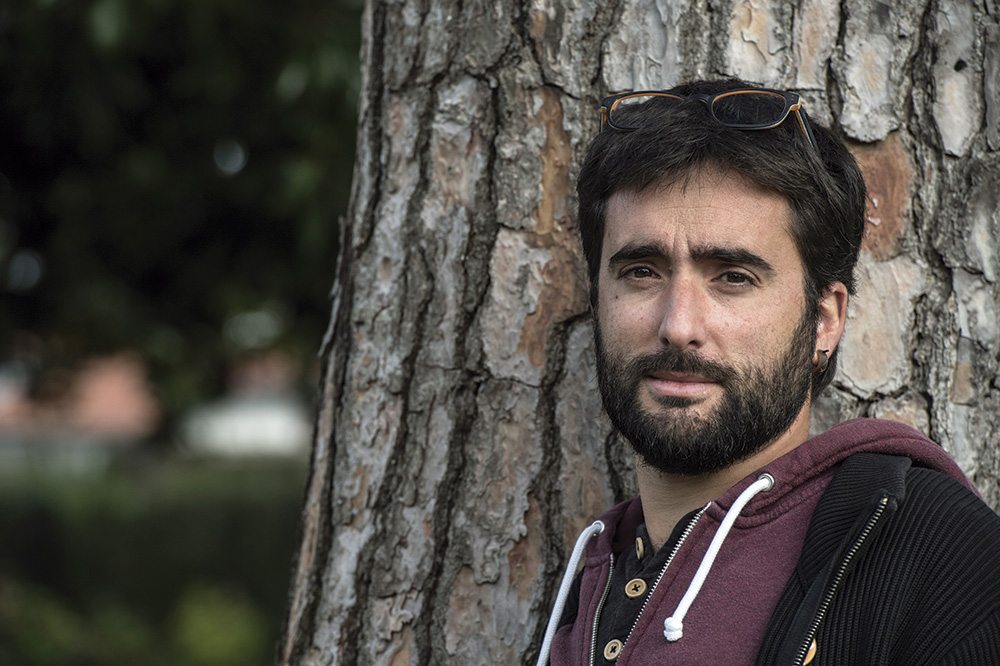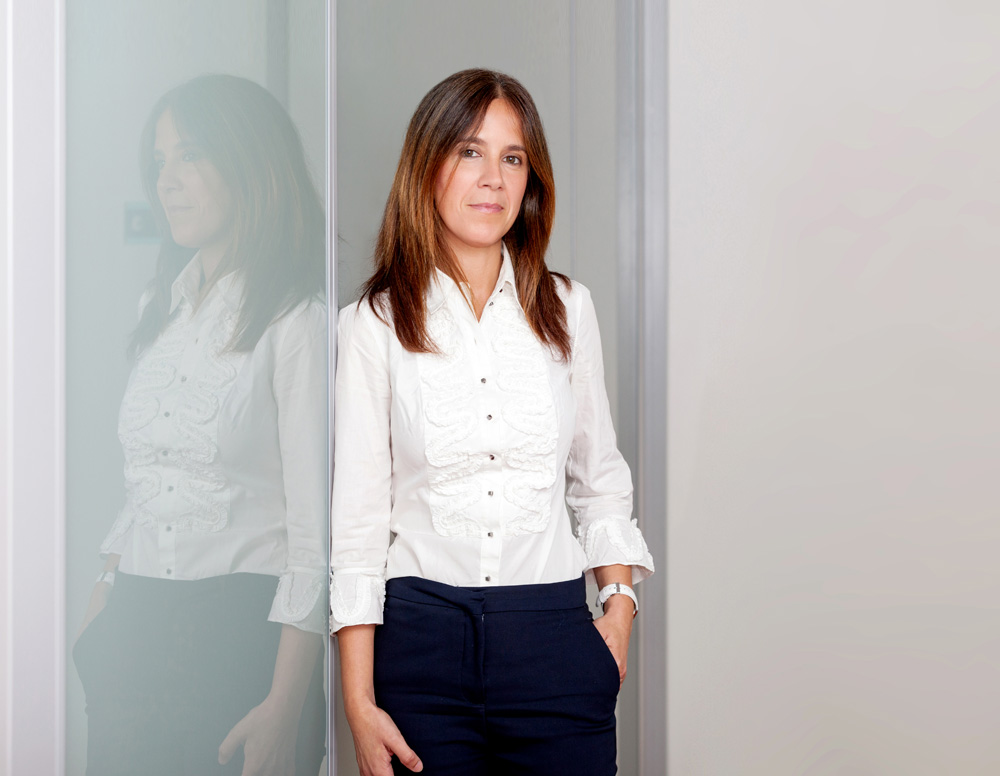Hernaniards will keep the Basque throughout the year
- The first hundred Roncalais will begin on 3 February. They will try to translate their relations in Spanish into Basque. The goal is to add a hundred people a month. Thus, in 2018, a total of 1,100 Hernaniarras will take part in an unprecedented challenge.
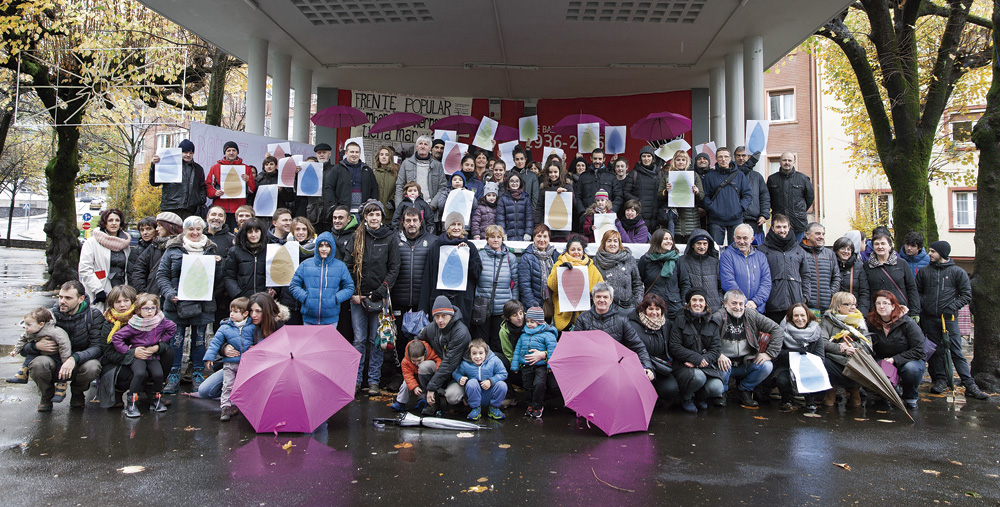
In recent years, several initiatives have taken place in Hernani to change language habits. The last of the campaigns was in 2016. Following the initiative of the Donostiarra neighborhood of Egia, during six weeks in weekly shifts 1,800 people participated in the project called force test. 2017 has been the time of cooking. Some of those who lived the 2016 one have kept shaking their heads, as they were clear that this initiative needed follow-up. In this way, they have made a big leap and developed a plan for the whole year 2018. Bai Hernanik! organized by the Euskara Ari Du cultural association. The initiative will start on 3 February and end on 31 December.
In the newly created cultural association Euskara Ari Du, about a dozen people are gathered together. Although in 2017 they started to meet and set up the year-round challenge, they didn't think of the first thing, they were clear that the initiative to change language habits had to be sustainable. At the end of the day, they decided to go ahead with the one-year project and they were shaken, aware of the dimension they had acquired. They began to accumulate the preparations and decided that only through voluntary work would they not be able to move forward. They went to the Euskera Service of the City to ask for help and in the City Hall it was unanimously agreed to grant aid of 40,000 euros to the Euskara Ari Du association. The worker has been hired by the Association throughout the year. An initiative has also been presented to the Provincial Council of Gipuzkoa and the Basque Government to cooperate economically with it. Several Hernani companies have also knocked on the street to get financial support. These economic relations can lead to a company starting the initiative in its own workplace.
Compromise no, challenge yes
When in 2017 the promoters of the initiative began to meet, they did not know whether the idea of the whole year was crazy or feasible. Instead of deciding, they decided to talk to other citizens and 30 people came to the quote. They told them to move forward, but “we don’t want the word compromise to be used, we think it’s more appropriate to call it a challenge.” A second meeting was also held and more people attended. They also accepted this idea, although some did not make it so optimistic: “Do you think it’s so easy to change customs?”
People working in the group of agents know that it is not a working day to change language habits, but they were clear that doing nothing would be less worthwhile.
The main goal is to change customs, but in the talk we have had with Leire Otxotorena, Joxe Artola and Axun Larburu, other goals have gradually come to the table. For example, the goal is to work throughout the year, not to address the challenge of a week as in 2016. Doing it all year round does not mean that all Roncalais will be between February and December. A hundred people are ready for the challenge for the month of February. The idea is that, with the help of these tissues or approaching on their own, another hundred are registered for the month of March, and so on every month. Some will keep the particular challenge chosen for almost the entire year, and others, depending on the month in which they start to participate, for less time. Each month, as an evaluation, the staff of the Leire Otxotorena project will ask the Roncalais a number of questions: how they are adapting, what difficulties they have had and whether they intend to continue. The challenge is one month and everyone decides whether they want to continue or not. The fan challenge is broad; one can try to speak in Basque with the couple, with friends, with the family, in all areas of life, with strangers... Each Hernaniarra will choose one of these challenges and try to keep them. The Roncaleses will be of two types. Some of them do well in Basque and want to speak in Basque. Others understand Euskera, but they don't manage to talk. The former will choose with whom or in what situation they will do so in Euskera and the latter will ask them to do so in Euskera, for example, family members, children or clients.
We have said that the project can meet a number of objectives. Another objective is that Hernaniarra realizes that she has possibilities of living in Euskera. Data indicate that 80% of Hernaniards understand Euskera, 60% know how to speak and 30% use it. The agents of the initiative would also like to achieve the following objective: that people who understand the Basque country realize that asymmetrical relationships can occur and that they themselves can ask Euskaldunes to speak in Basque. They also remember the Castilian parishioners, who have the farthest goal, but they would like them to say: “They are also working on something…”, that is, they would like to feel the need to approach the Basque community.
The organizers believe that those who try to keep the Basque will realize something else: “Some say that they live in Euskera, but we really can’t live in Euskera all day and anywhere, perhaps living in Euskera every day but will not always succeed in doing so in Euskera. This challenge will make it easier to realize this situation.”
On 3 December the Euskaraldia will be held, a project organized by the Basque Government and Topagunea, which will be developed in many municipalities of the Basque Country. We've asked the organization how they marry their projects with the other. “We have Euskaraldia done, an exercise similar to that we did in autumn 2016, we go ahead and we will follow our path.”
With humor, with a desire to enjoy, with a desire to challenge, the Hernaniards want to take the initiative again, leaving aside the burden and fatigue of the Basque Country. Over a thousand people want to dance with the Basque language.
Euskaraldia, EAEko instituzio nagusi guztietan PSErekin gobernatzen duen PNVk Topagunearekin izenpeturiko akordio estrategikoa da, ez nik hala esaten dudako, beraiek publikoki 2017ko Udaltopean horrela aurkeztu eta definitu zutelako baizik. Eta Euskaraldia da PNVk, bere... [+]
Guk dakigula ez dute halakorik egin, baina Alberto Irazu kazetariak euskaraz egin du elkarrizketa zuzenean Radio Euskadin, ia 20 minutuko esperimentua.
Hernaniarrek errodajea dute, eta 2018ari begira pentsatu dute ez direla udazkeneko hotzen zain egongo. Urte osoan saiatuko dira 24 orduz euskaraz egiten. Euskara Ari Du elkartea sortu berri dute horretarako.
Aurten gehiegi pentsatu beharrik ez dago, zer egingo dugu bertso saioa, ginkana, txokolate jana, mosaikoa, lipduba? Horiek ere egingo dira, baina herri dezentetako herritarrek eta euskalgintzak motorrak berotuta dituzte. Kalera aterako dira egun osoz euskaraz egiteko asmoz.
Sustatzaile nagusi Euskaltzaleen Topagunea eta Eusko Jaurlaritza ditu. Xedea 2018ko udazkenean Euskal Herriko txoko guztietan herritarren hizkuntza ohiturak aldatzeko praktikak egitea da.
Establezimenduen zerrenda egin dute euskaraz aritzeko duten gaitasunaren arabera. Udazkenean, beste herri askotan bezala, derioztarrak “ahobizi” eta “belarriprest” bilakatuko dira.
Errenteria, Oiartzun, Pasaia eta Lezon 110 lagunek konpromisoak hartu dituzte euskara erabiltzeko.
Baiona, Angelu eta Miarritze artean egingo dute ekimena, azaroaren 27tik abenduaren 3ra bitartean. 450 hiztun mobilizatu nahi ditu BAM ekimenak. Antolatzaileek euskaraz “naturaltasunez eta alaitasunez” aritzeko deia egin dute.
Ekimen berria du Aiaraldeko Euskalgintza Kontseiluak esku artean: 1.000 ahobizi eta 5.000 belarriprest “armairutik" ateratzea. Euskaraz hitz egiten dakitenen eta hizkuntza ulertzen dutenen arteko zubiak eraikitzea da egitasmoaren xedea. Astebeteko lau txanda egingo... [+]









